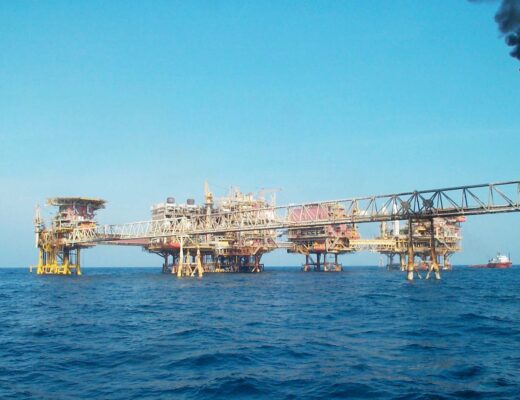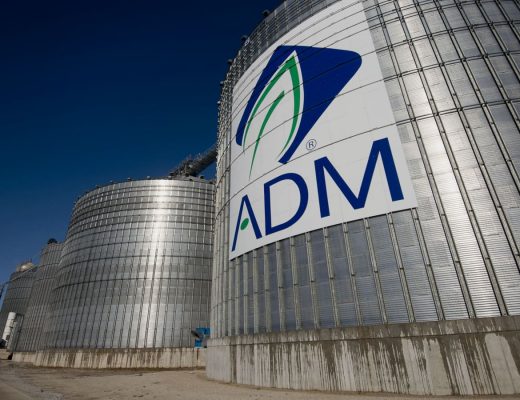Maruti Suzuki invests in development of electric vehicles
Maruti Suzuki Corporation has announced the construction of a new car plant in the Indian state of Gujarat. The investment in the project will be US$4.2 billion. The plant should increase production in the state by 1 million units. The company currently has a production capacity of 750,000 cars in Gujarat.
The company plans to have the plant in operation by 2029. However, the start of construction is subject to approval by the company’s board of directors.
Besides expanding production, Maruti is also actively developing its electric transport business. The company plans to launch its first electric vehicle by the end of 2024 and a new range by 2027. Maruti will target markets in India, Japan and Europe with its electric cars.
The main competitor in the electric vehicle sector in India is Tata Motors Corporation. Maruti aims to increase its local market share and enter new markets. 
Company overview
Maruti is a subsidiary of the Maruti Suzuki Corporation of Japan. The company operates in India and holds one of the leading positions in the local market.
Maruti Udyog was established in 1981 as a government-sponsored joint venture with the Japanese carmaker. In 2003, the Indian government began to exit the business and, in 2007, sold its shares to Maruti Suzuki.
Initially, the company imported cars and assembled Suzuki models. In 1983, Maruti started its own production based on the Japanese company’s model. However, most parts still came from Japan.
Key stages in the company’s history:
– the company launched its first sedan in India in 1989;
– since 1991, 65% of all parts production has been within the country;
– at the same time, Suzuki increased its stake in the company to 50%;
– three years later, a second Maruti plant began producing 200,000 cars yearly.
In 2006, the partners set up another joint venture to build two plants to produce cars and engines for them. In addition, Maruti introduced a revamped model range designed to meet CO2 emission norms. The company announced the implementation of climate targets in 2019. The first step was to phase out the production of diesel cars.
According to current data, the company has a total production capacity of 1.250 million vehicles annually.
In 2022, construction of the company’s new facility in Kharkhod began. According to the project, the state-of-the-art manufacturing facility will occupy an area of 900 hectares. The completion date of the construction is not yet known.










